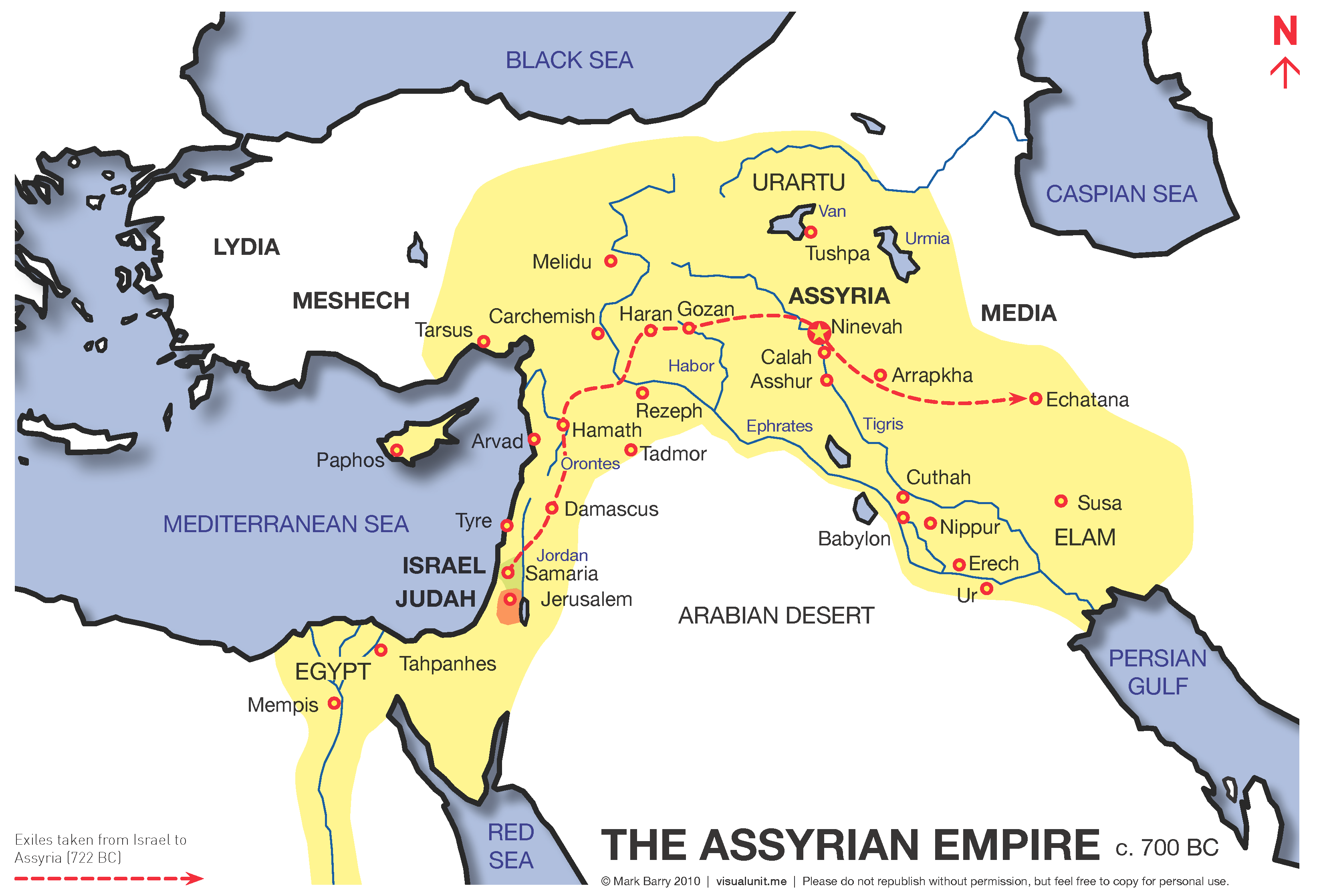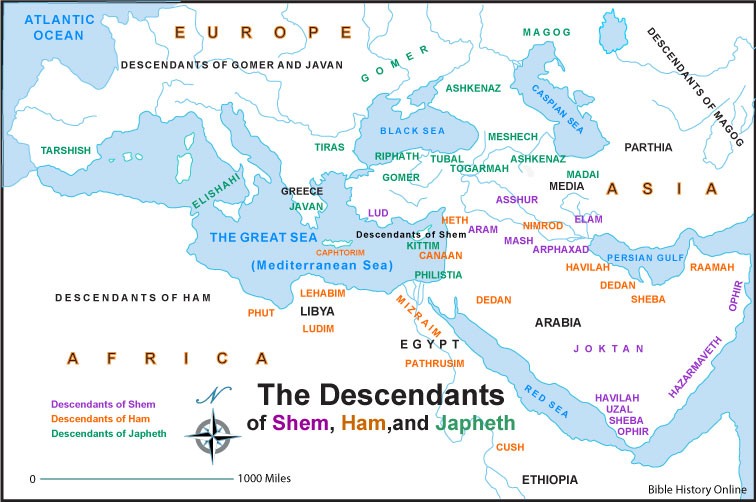8 For he finds fault with them when he says:
“Behold, the days are coming, declares the Lord,
when I will establish a new covenant with the house of Israel
and with the house of Judah,
9 not like the covenant that I made with their fathers
on the day when I took them by the hand to bring them out of the land of Egypt.
For they did not continue in my covenant,
and so I showed no concern for them, declares the Lord.
10 For this is the covenant that I will make with the house of Israel
after those days, declares the Lord:
I will put my laws into their minds,
and write them on their hearts,
and I will be their God,
and they shall be my people.
11 And they shall not teach, each one his neighbor
and each one his brother, saying, ‘Know the Lord,’
for they shall all know me,
from the least of them to the greatest.
12 For I will be merciful toward their iniquities,
and I will remember their sins no more.”
13 In speaking of a new covenant, he makes the first one obsolete. And what is becoming obsolete and growing old is ready to vanish away. – Hebrews 8:8-13 ESV
In this passage, the author of Hebrews uses the Old Testament to prove his point and bolster his case concerning the new and better covenant made possible by Jesus. He quotes from Jeremiah 31, verses 31-34. In this passage, the prophet Jeremiah delivered a message from God to the rebellious people of Israel who were living in exile in the land of Babylon. Jeremiah had spent years warning them that this would be their fate if they failed to repent of their sins and refused to keep their covenant commitments to Yahweh. Even after the fall of Jerusalem and the destruction of the temple, Jeremiah had sent a message to the captives living in Babylon.
“Thus says the Lord of hosts, the God of Israel, to all the exiles whom I have sent into exile from Jerusalem to Babylon: Build houses and live in them; plant gardens and eat their produce. Take wives and have sons and daughters; take wives for your sons, and give your daughters in marriage, that they may bear sons and daughters; multiply there, and do not decrease. But seek the welfare of the city where I have sent you into exile, and pray to the Lord on its behalf, for in its welfare you will find your welfare. For thus says the Lord of hosts, the God of Israel: Do not let your prophets and your diviners who are among you deceive you, and do not listen to the dreams that they dream, for it is a lie that they are prophesying to you in my name; I did not send them, declares the Lord.” – Jeremiah 29:4-9 ESV
It was because of their failure to keep their end of the covenant that they found themselves living as exiles in a foreign land. But God wanted them to accept their fate and endure the punishment He had ordained for them. They were not to listen to the false prophets who tried to minimize their guilt and who promised them immediate salvation. God wanted them to know that their divine judgment came with a non-negotiable timeline.
“For thus says the Lord: When seventy years are completed for Babylon, I will visit you, and I will fulfill to you my promise and bring you back to this place. For I know the plans I have for you, declares the Lord, plans for welfare and not for evil, to give you a future and a hope.” – Jeremiah 29:10-11 ESV
When the seven decades had passed, God would keep His promise and restore a remnant of the exiled people of Israel to the land of Canaan.
“For behold, days are coming, declares the Lord, when I will restore the fortunes of my people, Israel and Judah, says the Lord, and I will bring them back to the land that I gave to their fathers, and they shall take possession of it.” – Jeremiah 30:3 ESV
And in chapter 31 of Jeremiah, God declares that their restoration will be accompanied by a new covenant. On the day that He restores them to their former homeland, God promises to do four things for them. Back in verse six, the author of Hebrews refers to these four things as the “better promises.” Each of these four promises falls under the new covenant, which will not be like the old covenant that God made with their fathers in the wilderness.
God said that when the new covenant was enacted, He would put His law into their minds and write them on their hearts. In other words, their motivation for obeying God would be internal and not external. Under the new covenant, they would have the capacity to obey Him willingly and gladly. He also promised that they would be His people and He would be their God. This was actually a recommitment on God’s part, a reiteration of the promise He had made to the people of Israel when they were living as slaves in Egypt.
“Say therefore to the people of Israel, ‘I am the Lord, and I will bring you out from under the burdens of the Egyptians, and I will deliver you from slavery to them, and I will redeem you with an outstretched arm and with great acts of judgment. I will take you to be my people, and I will be your God, and you shall know that I am the Lord your God, who has brought you out from under the burdens of the Egyptians.’” – Exodus 6:6-7 ESV
But this time, things would be different. This renewed relationship would be permanent and not based on their own capacity to keep God’s law. Unlike the old covenant which was conditional in nature, the new covenant would be the work of God. He promises them a special relationship with Him that will be better than the one they enjoyed during their days in the wilderness and as His chosen people living in the land of promise.
The history of the people of Israel was one marked by blessing and cursing and with faithfulness and apostasy. And ultimately, because of their unfaithfulness, God was forced to give them over into the hands of their enemies, as punishment for their failure to remain obedient to the covenant commitment they had made. That is why He says, “they did not continue in my covenant, and so I showed no concern for them” (Hebrews 8:9b ESV).
The third promise God said would come with the new covenant was an intimate relationship with Him – for all Jews. They would no longer need to be taught about God because they would know Him closely and personally. Finally, God promised that the new covenant would bring complete and permanent forgiveness of their sins. No more sacrifices would be needed. No more threat of punishment, condemnation, or death.
When God spoke these words through Jeremiah, He was indicating that the old covenant was on its way out. With the fall of Jerusalem and the destruction of the temple, the sacrificial system was put on hold. There was no way for the people of God to receive forgiveness and atonement for their sins. And even after the people returned to the land, the Temple was rebuilt, and the sacrificial system was restored, the old covenant remained in a weak and ineffective state.
The new Temple cast a dim shadow of its former glory. The great city of Jerusalem would never achieve the status it once enjoyed in the days of King David and his son, Solomon. Over the following centuries, the Israelites would find themselves a conquered people, living under the heavy yoke of a long line of foreign kings, all the way up to the occupation of Rome in the days of Jesus.
But the promises God gave them in association with the new covenant were fulfilled, in part, with the coming of Jesus. His death, burial, and resurrection made them possible. That is why Jesus, on the night He shared His last Passover meal with the disciples, told them, “This cup is the new covenant between God and his people – an agreement confirmed with my blood, which is poured out as a sacrifice for you” (Luke 22:20 NLT).
The sacrificial death of Jesus made possible the new covenant, and with the coming of the new, the old became obsolete. Even at the time the letter of Hebrews was written, the old covenant, based on the Mosaic law, was passing away. With the destruction of the Temple by the Romans in A.D. 70, the sacrificial system was brought to an end. Jesus had predicted this event when He announced to His disciples that all the beautiful buildings associated with Herod’s Temple would soon be destroyed.
“Do you see all these buildings? I tell you the truth, they will be completely demolished. Not one stone will be left on top of another!” – Matthew 24:1-2 NLT
In quoting the passage from Jeremiah, the author of Hebrews is telling his Jewish readers that God is not yet done with the people of Israel. The promises found in Jeremiah were specifically for the people of Judah and Israel. But Gentile believers have been grafted into the family of God and have become descendants of Abraham. That is what Paul meant when he wrote, “…if you are Christ’s, then you are Abraham’s offspring, heirs according to promise” (Galatians 3:29 ESV).
Paul also wrote, “…you Gentiles, who were branches from a wild olive tree, have been grafted in. So now you also receive the blessing God has promised Abraham and his children, sharing in the rich nourishment from the root of God’s special olive tree” (Romans 11:17 NLT).
But while the Gentiles have been included in the promises found in Jeremiah 31, God has not forgotten His original covenant people, the nation of Israel. That is the point the author of Hebrews is trying to make. There is no reason for them, as Jewish Christians, to return to their reliance on the old covenant with its rules, rituals, and regulations. The old covenant remained incapable of saving or sanctifying anyone; as was the case in the days of Moses, David, and Solomon.
Jesus has ushered in something far greater and better. A better high priest. A better covenant based on better promises. A better sacrifice. A better mediator. A better outcome altogether. And to those Gentiles who enjoy a restored relationship with God through faith in Jesus Christ, the new covenant has brought freedom from law-keeping and self-righteousness. Obedience and faithfulness to God are no longer based on external motivators or the self-produced capacity to keep a list of rules and rituals. It is based on the indwelling Spirit of God who encourages and empowers us to live in faithful service to God. We don’t have to earn His favor, we already have it. That is why Paul reminds us:
We are confident of all this because of our great trust in God through Christ. It is not that we think we are qualified to do anything on our own. Our qualification comes from God. He has enabled us to be ministers of his new covenant. This is a covenant not of written laws, but of the Spirit. The old written covenant ends in death; but under the new covenant, the Spirit gives life. – 2 Corinthians 3:4-6 NLT
English Standard Version (ESV) The Holy Bible, English Standard Version. ESV® Permanent Text Edition® (2016). Copyright © 2001
New Living Translation (NLT) Holy Bible, New Living Translation, copyright © 1996, 2004, 2015 by Tyndale House Foundation. Used by permission of Tyndale House Publishers Inc., Carol Stream, Illinois 60188. All rights reserved.



